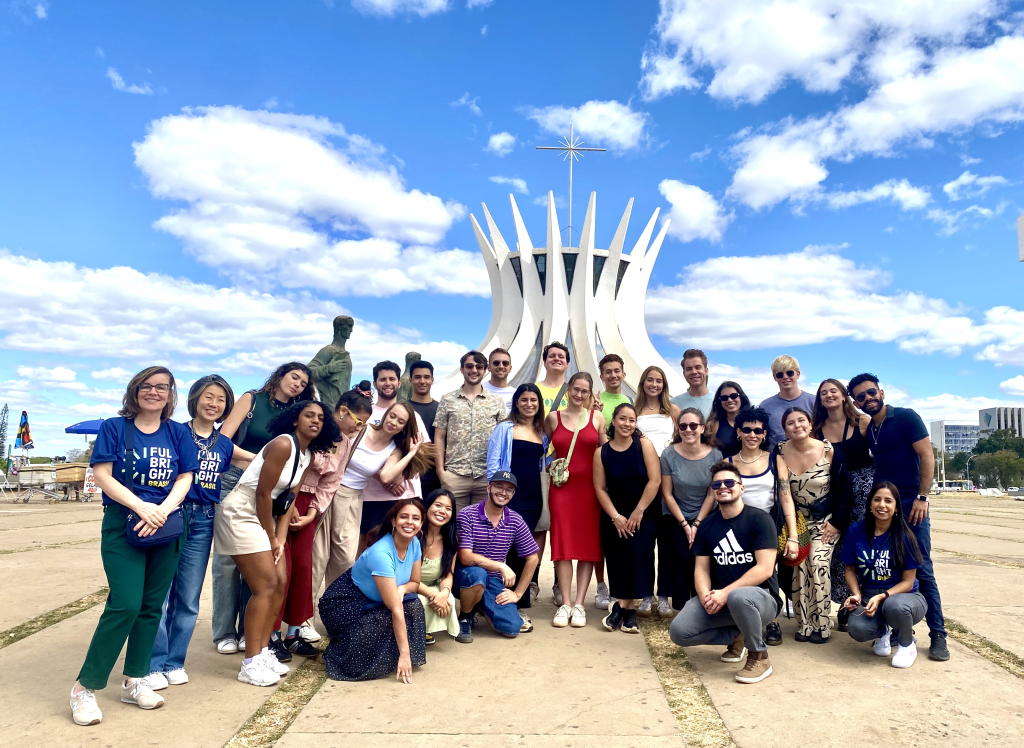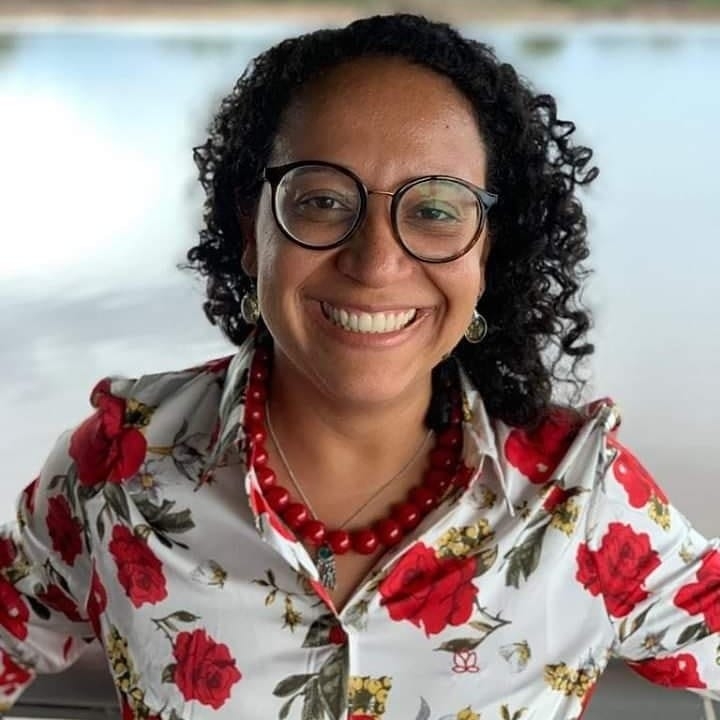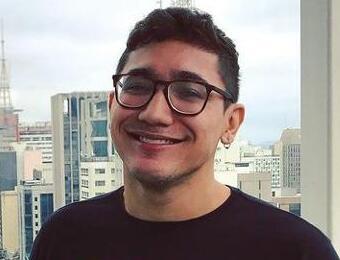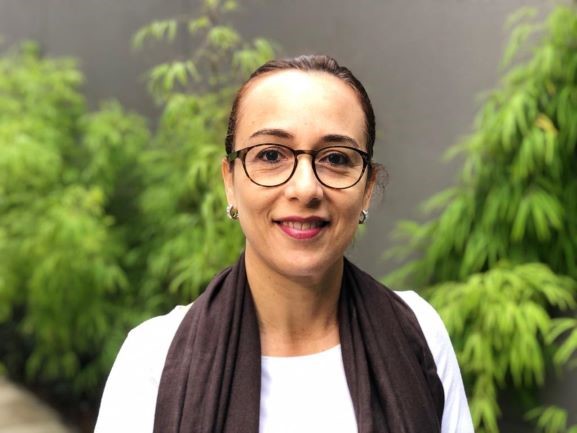
What is the Fulbright ETA Program?
The program helps to improve the teaching of the English language and U.S. culture and values at five public universities throughout Brazil. Students at these institutions attend three-to-four-year undergraduate programs to obtain a bachelor’s degree. U.S. English Teaching Assistants cooperate with Brazilian faculty members and are under their supervision while taking over some responsibilities, such as conducting classes, creating teaching materials, and developing workshops and projects related to EFL teaching.
Although ETAs are not full-fledged professors, the program is a professional development opportunity to advance teaching skills and have a positive experience on a Brazilian campus.
The Fulbright Commission assigns two Fulbright ETAs to each Brazilian university. We match ETAs with the appropriate host institution, basing assignments on the host institution’s needs and the ETA’s profile.
Approximately ten awards are available annually, with full maintenance benefits for the grantee.
What can ETAs do during their Fulbright grant in Brazil?
ETAs should expect to complete between 25 to 30 hours per week of classroom teaching, planning and preparation included. Teaching assistantship activities can vary from institution to institution and depend also on the ETA’s background and qualifications.
Community engagement is another component of the ETA Program. ETAs must join in activities related to their personal, career, and/or educational interests for 10 to 15 hours per week.
Candidates should consider a project they intend to pursue if awarded the grant and since they will not know where they will be placed in Brazil, these activities should be flexible respective to geographic location. For example, grantees may pursue a course of study, research topics or issues relative to Brazil, engage in specific volunteer activities, or a combination of these.
Requirements to be a Fulbright ETA in Brazil
- Being a U.S. citizen.
- Holding a Bachelor’s degree. Candidates with a Master’s degree are preferred.
- Having some experience (one to two years) in tutoring/classroom teaching for (young) adults.
- Candidates with a degree in TESOL, ESL, English, Linguistics, or Education are highly preferred. Candidates with other degrees but who demonstrate a genuine interest in English Teaching as a career opportunity should also apply. The Fulbright Program will sponsor the TEFL/TESOL certification for these candidates if they go through the final selection. The grant confirmation will be subject to completing the certification before the grant begins in March 2027.
- Having three years of college-level studies in Portuguese by the grant start OR three years of college-level study in Spanish before commencing the grant, plus an additional study of Portuguese at the time of application. Advanced skills in Portuguese are highly recommended to help settle in comfortably and pursue independent interactions with contacts in the community who are not related to the English teaching project at the host university. Basic Portuguese proficiency will not harm an applicant’s chances of being offered an award as long as they demonstrate their plans for language study between the time of application and the commencement of the grant via the Language Self-Evaluation form.
- Presenting evidence of leadership skills and maturity to represent the United States.
- Being available to be in Brazil for one academic year, beginning in March 2027 and ending in November 2027, following the Southern Hemisphere academic calendar.
How much is the financial aid for the ETA program?
- Monthly maintenance of U$ 1,020
- Relocation allowance of U$ 1,020
- International round-trip U.S. – Brazil
- Accident and sickness coverage
Are there other benefits?
- Assistance in applying for the appropriate Brazilian visa
- Arrival orientation and mid-year meetings, both with mandatory participation
- General administrative support from the Fulbright Commission in Brazil
- 24/7 mental health support line for urgent and non-urgent situations
- English language teaching preparatory course
- Explore Brazil with the giant alumni network and current ETAs countrywide
What should I consider before starting my Fulbright ETA application?
If you fit the requirements, please reflect on the following remarks before starting your application:
- The ETAs’ first responsibility is to the Fulbright program and the Brazilian institution they are assigned to. No one should apply for or accept the ETA award unless they can commit fully to the calendar of activities at their host institution.
- The Fulbright Commission places two ETAs in each participating Brazilian university based on the profile of ETAs and institutions. Applicants should not apply for or accept this award unless willing to take on the Commission’s assignment.
- The grant does not provide financial or logistical support for dependents. Also, because ETAs are placed at universities throughout the country where family housing, schooling, and childcare limitations may exist, dependents shouldn’t accompany grantees for the full grant term.
- Requests for travel outside of Brazil are limited to 14 days and must coincide with the break in the academic calendar of the host institution. Excluding emergency situations, grantees will not be permitted to travel outside of Brazil while host institutions are in session — no exceptions.
- Grantees may not be in Brazil for more than three cumulative months in the 12 months before the grant start date.
Are there any special instructions for the application?
In January 2026 the Fulbright Commission in Brazil will contact all semi-finalists with instructions to:
- Schedule an online interview with the Commission, and
- Prepare and present a short class presentation to the Commission during the interview
- The interview, short class presentation, and the information provided in the application package will serve to determine the final selection
What is the deadline for application for the Fulbright ETA program?
The Institute of International Education – IIE handles all application stages. Please check their website for more information.
Applicants affiliated with a university should contact the Fulbright Program Advisor at their institution for application information and the deadline. At-large applicants (no longer at a university) should contact the Institute of International Education or the Fulbright Commission directly.
The competition deadline for the 2025-2026 Fulbright Teaching Assistant (ETA) Program is October 7, 2025 at 5 pm EST.
Specially selected committees will review all applications, and grants are awarded in competition and depending on funds available.
Did you know that?
The Fulbright Commission in Brazil administers the ETA Program in close cooperation with the Brazilian Federal Agency for Support and Evaluation of Graduate Education – CAPES, which is also the co-sponsor of the ETA Program.
What does an ETA do in Brazil?
Bianca Rosa Perez was an English Teaching Assistant at Universidade Federal de Lavras in 2023. In the video, she shares more about her experience as a Fulbrighter in Brazil.
Testimonials
-

Prof. Fernanda Mota UFBA, Salvador
The ETAs brought countless contributions to our internationalization process and the expansion of our repertoire of cultural, linguistic and human experiences, highlighting the value of cooperation and interpersonal relationships.
-

Prof. Italo de Assis UVA, Sobral
The Fubright ETA program has had a huge impact at UVA. Not only academically, but it has also allowed our students to develop a cultural awareness about the US that would have hardly been achieved otherwise.
-

Prof. Marcia Del Corona UNISINOS, São Leopoldo
The ETA Program had great impact at UNISINOS. The ETAs helped improve the knowledge of English and American culture of our pre-service English teachers, approximated students of a variety of undergraduate courses and encouraged institutional actions towards internationalization.
-

Prof. Paula Tavares Pinto UNESP, São José do Rio Preto
I am extremely thankful to all the ETAs who have worked with us and to the fact that they often had different academic fields, which was a challenge at the beginning, but became a very positive aspect to our interdisciplinary projects.
Subscribe for Fulbright updates:
We will notify you when applications are open
Competition will open
Subscribe for Fulbright updates:
We will notify you when applications are open









